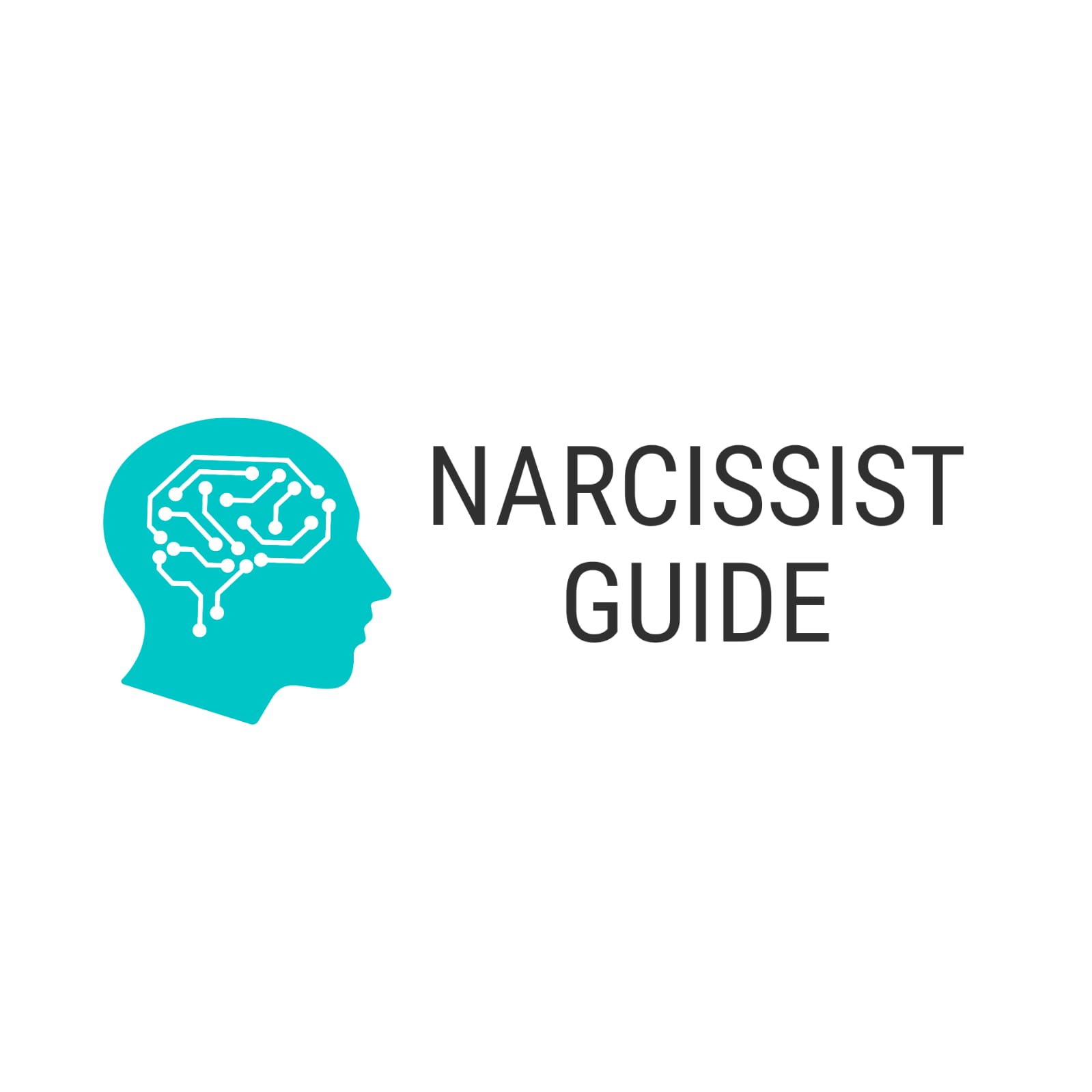Narcissistic Siblings: Recognizing and Coping with Toxic Dynamics
Dealing with family can be tricky, especially when a sibling exhibits narcissistic traits. If you’ve found yourself feeling belittled, manipulated, or unsupported by your brother or sister, you may be dealing with a narcissistic sibling.
Narcissistic Siblings, This article will guide you through understanding narcissistic behavior, recognizing its impact, and exploring effective coping strategies.

What is Narcissism?
Narcissism is a term often thrown around in casual conversation, but it has specific psychological implications.
At its core, narcissism involves an inflated sense of self-importance, a lack of empathy, and a need for excessive admiration.
While many people might show narcissistic traits occasionally, those with narcissistic personality disorder (NPD) exhibit these behaviors consistently and in ways that harm others.
Signs of Narcissistic Behavior
Recognizing the signs of a narcissistic sibling can help you better understand their actions. Here are some common traits to look out for:
- Constant Need for Attention: They often seek validation and recognition, making everything about themselves.
- Lack of Empathy: Narcissistic siblings struggle to understand or care about others’ feelings and experiences.
- Manipulation: They may twist situations to portray themselves as the victim or manipulate family dynamics to their advantage.
- Entitlement: A sense of superiority can lead them to expect special treatment or disregard rules that apply to others.
- Boundary Issues: They frequently overstep personal boundaries, dismissing your feelings and needs.
The Impact of Having Narcissistic Siblings
Growing up with a narcissistic sibling can create a toxic family environment, affecting your mental health and well-being. Here’s how:
Emotional Toll
The emotional toll can be significant. You might experience feelings of inadequacy, anxiety, or depression due to your constant need for control and validation.
Family Dynamics
Narcissistic behavior can disrupt family dynamics, often pitting family members against each other. This may lead to feelings of isolation or conflict within the family unit.
Self-Esteem Issues
You may struggle with self-esteem as your sibling’s constant comparisons or demeaning comments chip away at your confidence.
Coping Strategies for Dealing with Narcissistic Siblings
While it can be challenging to navigate a relationship with a narcissistic sibling, there are effective strategies you can employ to protect yourself and maintain your well-being.
Set Firm Boundaries
Establishing and maintaining clear boundaries is crucial. Communicate your limits clearly and stand firm in enforcing them. This helps protect your emotional space and reduces opportunities for manipulation.
Limit Interactions
If possible, limit your interactions with your narcissistic sibling. This doesn’t mean you need to cut them out completely, but creating distance can help you regain control over your emotional well-being.
Seek Support
Talking to trusted friends or family members about your experiences can provide validation and support. Consider joining a support group where you can share your feelings and learn from others in similar situations.
Focus on Self-Care
Prioritize your mental and emotional health through self-care practices. Whether it’s engaging in hobbies, exercising, or practicing mindfulness, taking care of yourself can help build resilience.
Consider Professional Help
If the emotional burden feels overwhelming, seeking therapy can be beneficial. A mental health professional can provide coping strategies and support to help you navigate the complexities of dealing with a narcissistic sibling.
People also ask
How do you tell if your sibling is narcissistic?
Identifying if your sibling is narcissistic can be challenging, but certain behaviors may indicate narcissistic traits. Here are some key signs to look out for:
Self-Centeredness: They frequently talk about themselves and show little interest in your life or feelings.
Lack of Empathy: They struggle to understand or care about how their actions affect others.
Manipulative Behavior: They may twist situations to make themselves look like the victim or to get their way.
Entitlement: They believe they deserve special treatment or can ignore rules that apply to others.
Boundary Issues: They often disregard your boundaries and dismiss your needs and feelings.
How do you outsmart a narcissistic sibling?
Here are some tips:
Set Boundaries: Clearly define what behaviors you won’t tolerate and stick to those limits. This helps protect your emotional space.
Stay Calm: Keep your emotions in check during interactions. Narcissists often thrive on emotional reactions, so staying calm can reduce their power over you.
Use Strategic Communication: Keep conversations focused on neutral topics or ask open-ended questions to divert attention from yourself. Avoid sharing personal information they could use against you.
Don’t Engage in Their Games: Refuse to participate in their manipulative tactics. If they try to provoke you, don’t give in; simply disengage.
Seek Support: Build a network of friends or family who understand the situation. Having support can give you strength and perspective.
What are the 5 things to never do after breaking up with a narcissist?
After breaking up with a narcissist, it’s essential to protect your well-being. Here are five things you should never do:
Don’t Engage in Contact: Avoid reaching out or responding to their messages. This can prevent manipulation or emotional turmoil.
Don’t Second-Guess Yourself: Resist the urge to doubt your feelings or decisions. Trust your instincts and the reasons for the breakup.
Don’t Seek Their Validation: Avoid looking for approval or reassurance from your ex. Their feedback can be toxic and undermine your self-esteem.
Don’t Share Your Feelings: Be cautious about discussing your emotions with them. Narcissists may use this information against you.
Don’t Isolate Yourself: Stay connected with supportive friends and family. Isolation can make you more vulnerable to their manipulation and emotional games.
Conclusion
Recognizing and coping with Narcissistic Siblings is no small feat. By understanding their behavior and implementing effective strategies, you can protect your emotional well-being and create a healthier family dynamic.
Remember, you deserve to be treated with respect and kindness, both by your family and by yourself. Don’t hesitate to seek support when you need it, and prioritize your mental health above all.

I’m Dr. James, and I’m glad you’re here. With years of experience in understanding and addressing the complexities of narcissistic behavior, I’ve dedicated my career to helping individuals navigate the challenging dynamics that come with narcissism, whether it’s in personal relationships, workplaces, or family settings.






